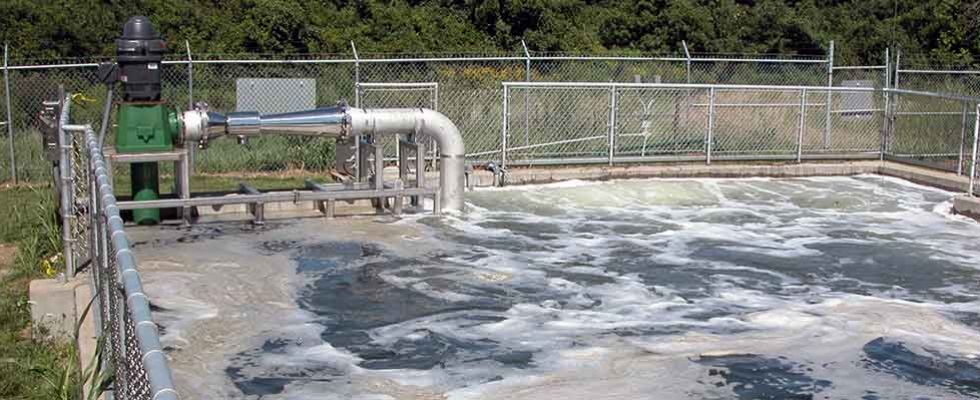
What is considered wastewater?
Wastewater is the waterborne waste material of a community that includes all normal wastes from human activities and residences as well as many forms of waste matter and compounds from industries and commercial establishments. These compounds may enter the water stream in many ways, including contamination in surface water, groundwater and stormwater.
Wastewater can also be subcategorized into grey water or black water. Grey water is untreated household wastewater that has not come into contact with toilet waste. Grey water includes used water from bathtubs, showers, bathroom wash basins, clothes washers and laundry tubs. It does not include wastewater from kitchen sinks or dishwashers.
Black water refers to wastewater that contains contaminants, including sewage from toilets and sanitary fixtures.
The term domestic is normally used to identify sewage containing a majority of residential household and human body waste matter and less or no waste from industrial or commercial processes. Domestic sewage also differs from stormwater or storm drainage.
Stormwater is the runoff of water from surfaces such as streets, roofs, paved areas or developed grounds, which occurs during precipitation events or from snow and ice melting. This water does not naturally infiltrate or absorb into the ground or plants.
Areas that are more developed and include larger paved areas typically will create a larger stormwater contribution. Stormwater can collect a large amount of pollutants that are contained on the many surfaces, including debris, oils, sanitary wastes from animals and fertilizer and pesticide runoff from lawns and fields.

